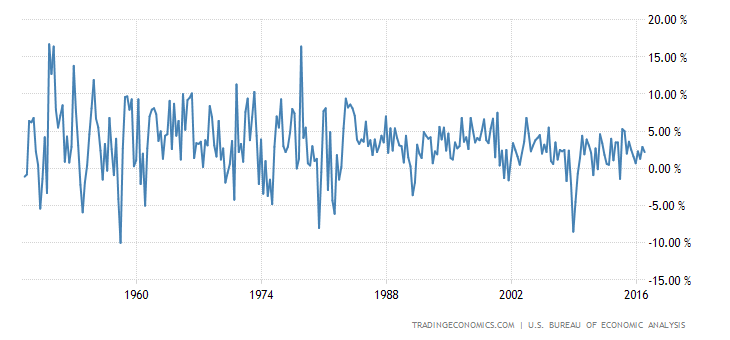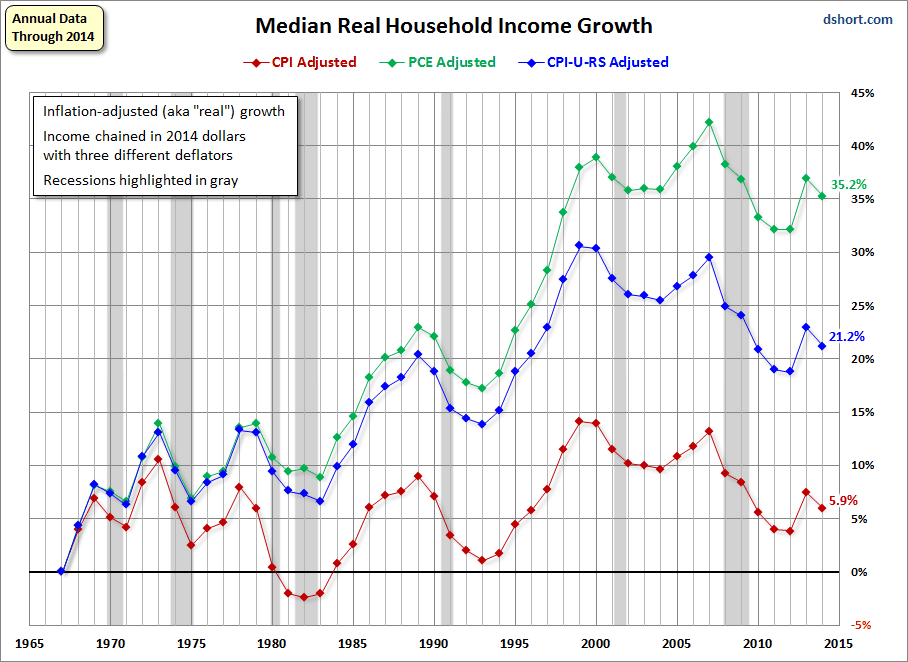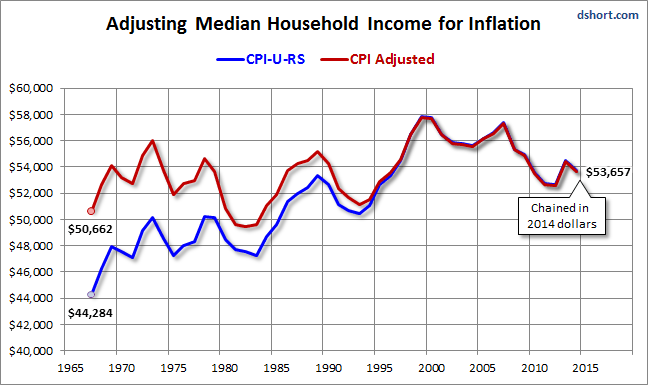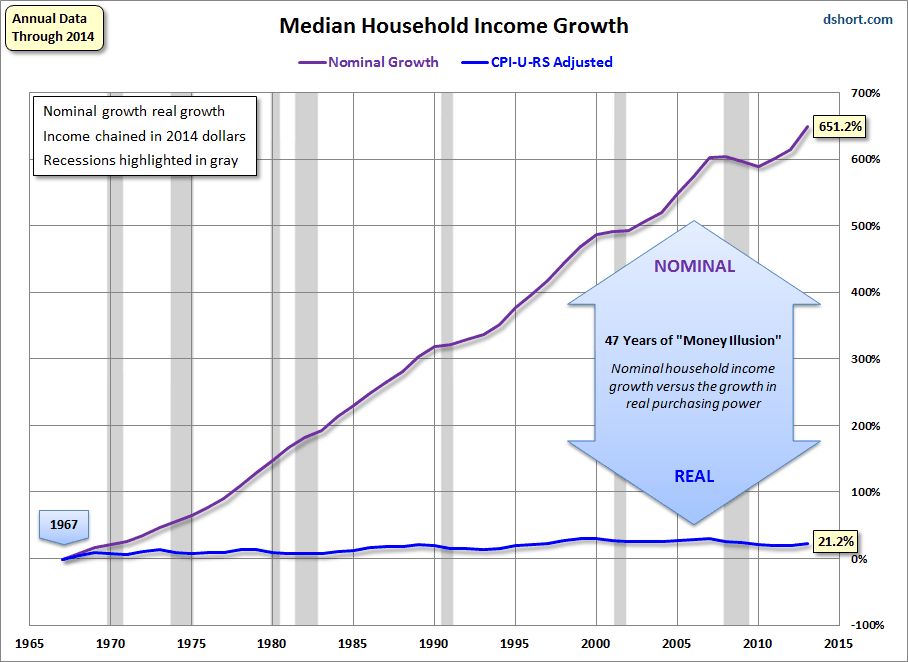JimBowie1958
Old Fogey
- Sep 25, 2011
- 63,590
- 16,756
- 2,220
- Thread starter
- #81
stat·ism
ˈstātˌizəm/
noun
- a political system in which the state has substantial centralized control over social and economic affairs.
"the rise of authoritarian statism"
This applies to many 'ism's including the corrupt, centrally-controlled, corny capitalism we "enjoy" today.
Government has a definite place in society...as long as those who serve in it realize that their power to govern comes from the consent of the people, that the liberty of the people comes before government's insatiable need for order and control, and they govern within the constraints of their founding documents (ie our Constitution). Government is not the country, government is but a necessary tool of the country.
"That to secure these rights, Governments are instituted among Men, deriving their just powers from the consent of the governed, That whenever any Form of Government becomes destructive of these ends, it is the Right of the People to alter or to abolish it, and to institute new Government, laying its foundation on such principles and organizing its powers in such form, as to them shall seem most likely to effect their Safety and Happiness. Prudence, indeed, will dictate that Governments long established should not be changed for light and transient causes; and accordingly all experience hath shewn, that mankind are more disposed to suffer, while evils are sufferable, than to right themselves by abolishing the forms to which they are accustomed. But when a long train of abuses and usurpations, pursuing invariably the same Object evinces a design to reduce them under absolute Despotism, it is their right, it is their duty, to throw off such Government, and to provide new Guards for their future security."
Sounds good, but the devil is always in the details.





